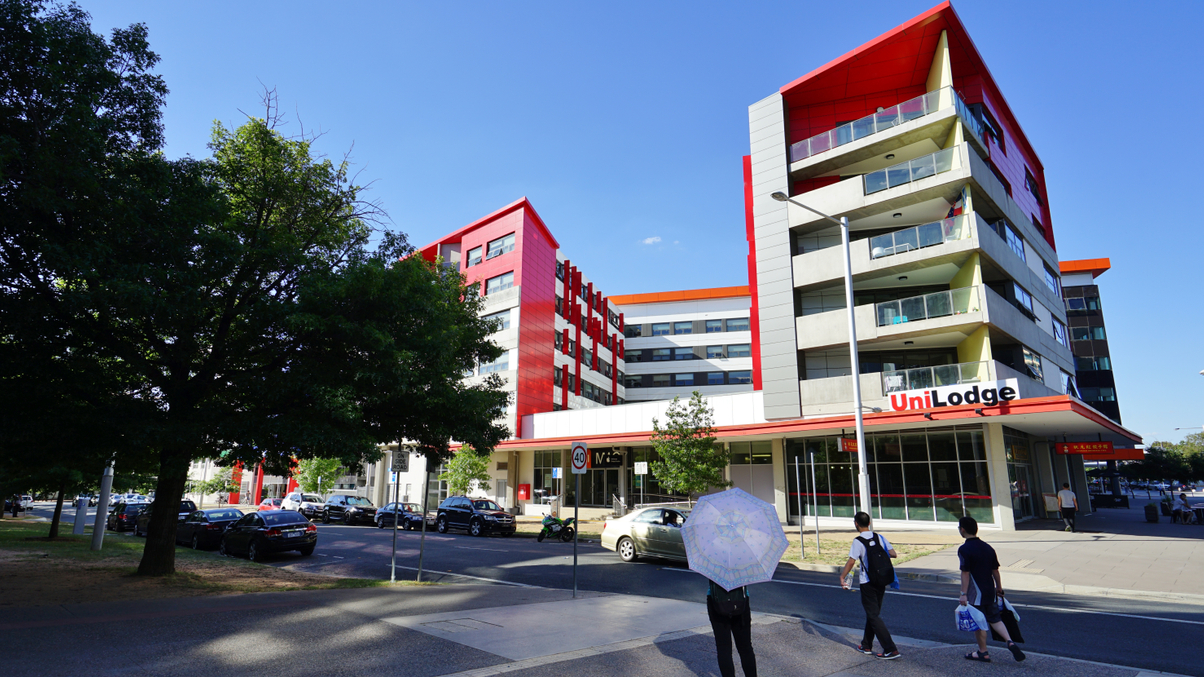Weekly investors roundup: Singapore's GIC buys Australian student dormitories for $411 million; China's Sunshine Insurance looking at blockbuster listing in Hong Kong
Singapore sovereign wealth fund GIC takes up 49.9% stake in Wee Hur’s student housing portfolio in Australia; China's Sunshine Insurance reportedly looking to list on HKEX in potentially the largest IPO of the year; New China Insurance issues a warning that its first-quarter profit might decline 70%; and Temasek sends stern warning on corporate governance to portfolio companies; and more

TOP NEWS OF THE WEEK:
Sign in to read on!
Registered users get 2 free articles in 30 days.
Subscribers have full unlimited access to AsianInvestor
Not signed up? New users get 2 free articles per month, plus a 7-day unlimited free trial.
¬ Haymarket Media Limited. All rights reserved.


